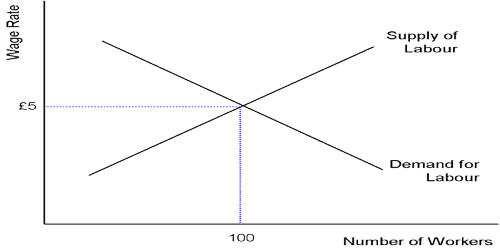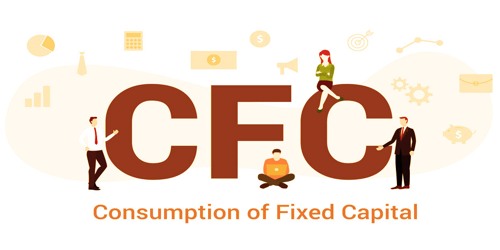Demutualization is the process by which a customer-owned mutual organization (mutual) or co-operative changes legal form to a joint-stock company. It is a situation in which a mutually owned company such as an insurance company changes into a public company that issues stock. It is a process by which a private, member-owned company, such as a co-op, or a mutual life insurance company, legally changes its structure, in order to become a public-traded company owned by shareholders. It is sometimes called stocking or privatization. As part of the demutualization process, members of a mutual usually receive a “windfall” payout, in the form of shares in the successor company, a cash payment, or a mixture of both. The most commonplace that demutualization happens is among companies in the life insurance sector.
Demutualization is when a company structured as a mutual company transitions to a stockholder corporation. Mutualization or mutualization is the opposite process, wherein a shareholder-owned company is converted into a mutual organization, typically through a takeover by an existing mutual organization. Furthermore, re-mutualization depicts the process of aligning or refreshing the interest and objectives of the members of the mutual society. Businesses such as insurance companies, savings and loan associations, banking trusts, and credit unions are commonly structured as mutual companies.
It refers to the process that has come about as the result of many not-for-profit exchanges converting to for-profit and then shareholder companies in order to go public. The mutual traditionally raises capital from its customer members in order to provide services to them (for example building societies, where members’ savings enable the provision of mortgages to members). It involves the complex process of transitioning a company’s financial structure, from a mutual company into a shareholder-driven model. It redistributes some profits to its members. By contrast, a joint-stock company raises capital from its shareholders and other financial sources in order to provide services to its customers, with profits or assets distributed to equity or debt investors.
In a mutual organization, therefore, the legal roles of customer and owner are united in one form (“members”), whereas in the joint-stock company the roles are distinct. This allows a broader capital base if the customers cannot or will not provide sufficient financing to the organization. In a demutualization, a mutual company elects to change its corporate structure to a public company, where prior members may receive a structured compensation or ownership conversion rights in the transition, in the form of shares in the company. However, a joint-stock company must also try to maximize the return for its owners instead of only maximizing the return and customer services to its customers. The major reason for the demutualization of advance-premium mutual life insurers is the need for additional capital to remain competitive. This can lead to a decline in customer service to the extent that customers’, management’s and shareholders’ interests diverge.
















